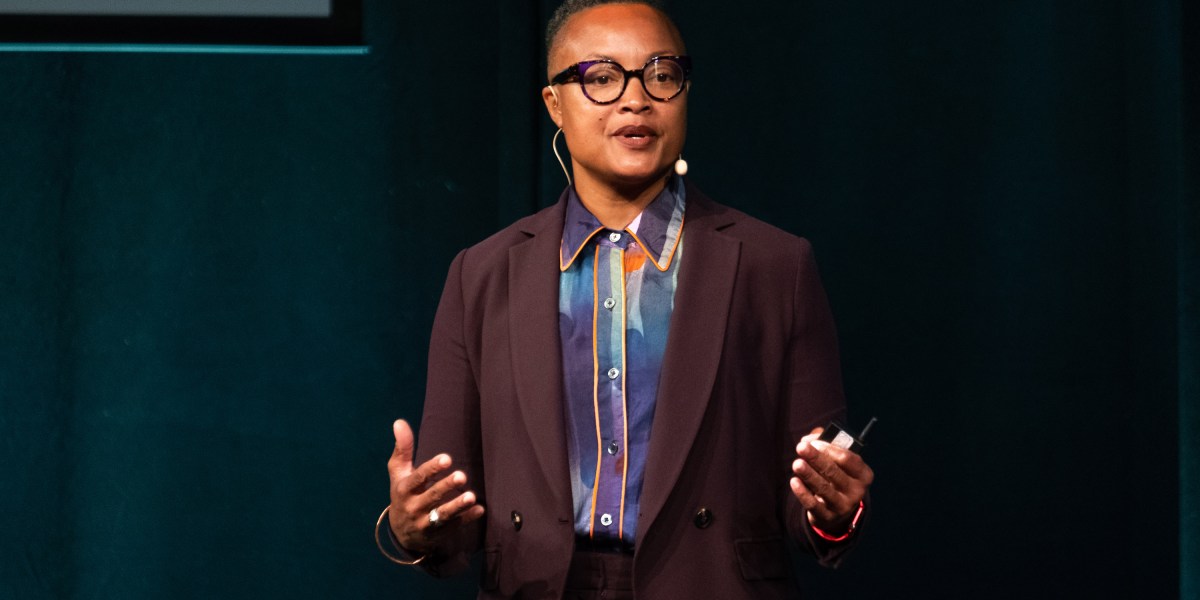Afterwards, Baker sat down with us for a dialog about the way to distribute the advantages of recent applied sciences and deal with group considerations round new tasks.
This dialog has been edited for readability and size.
In your session, you talked somewhat bit about these conditions the place local weather change and inequality intersect. Might you give some examples of clear instances the place we are able to obtain progress on addressing local weather change and inequality on the similar time?
I like to consider the [low-income] tax credit score program—it is a 20% further tax credit score for investments in photo voltaic, wind, and clear power.
I am actually excited that my workplace leads that program as this system administrator in partnership with Treasury. And during the last 9 months or so, we’ve designed a program that we predict will truly transfer the needle for low-income households, so that they’re going to get entry to photo voltaic and wind by way of both group power, rooftop photo voltaic, or small-scale wind.
That entry clearly helps to battle the local weather disaster whereas additionally, if we’re profitable, bringing down the general price of power for these people and truly bringing true financial advantages to these communities.
We take into consideration lots of clear power applied sciences as being good for communities—like, having extra entry to low cost energy is clearly a superb factor. However there are additionally issues just like the hydrogen hubs or carbon elimination, the place there is perhaps environmental impacts, particularly for tasks that also contain fossil fuels. How is your workplace navigating that and addressing these considerations?
Your query jogs my memory of the Nineteen Seventies, which was the high-water mark for environmental legal guidelines and laws making it to the books, with the Clear Air Act and the Clear Water Act. All of those new legal guidelines defending our air and water have been helpful for a lot of, many, many communities across the nation. However communities of shade, particularly, have been saying: “We’re not seeing the good thing about these legal guidelines.”

